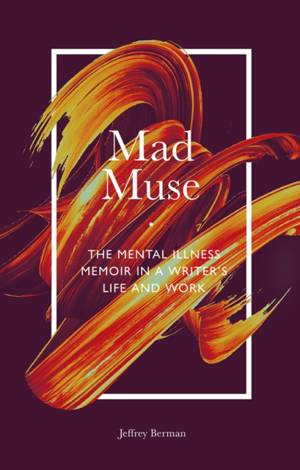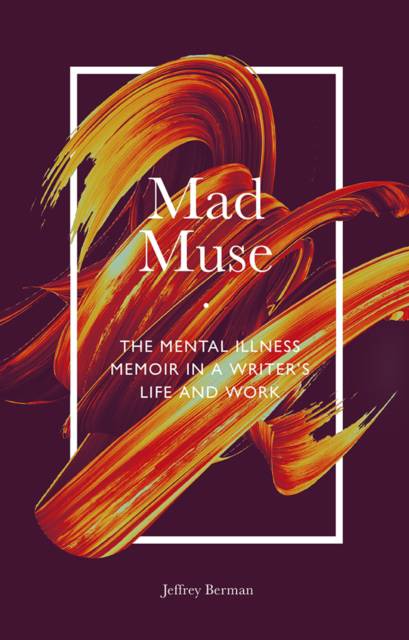
- Afhalen na 1 uur in een winkel met voorraad
- Gratis thuislevering in België vanaf € 30
- Ruim aanbod met 7 miljoen producten
- Afhalen na 1 uur in een winkel met voorraad
- Gratis thuislevering in België vanaf € 30
- Ruim aanbod met 7 miljoen producten
Zoeken
€ 48,95
+ 97 punten
Omschrijving
Mental illness can often be the driving force behind creativity. This relationship is never more apparent than in the memoirs of writers who have lived, worked and created with a mental illness. Mad Muse examines and unpicks this fascinating relationship, demonstrating that mental illness is often intergenerational while the story of mental illness is intertextual. The study begins with William Styron's iconic memoir Darkness Visible, moving through a succession of mental illness memoirs from some of the most important authors in the genre, including Kate Millett, Kay Redfield Jamison, Linda Sexton, Lauren Slater, Andrew Solomon and Elyn Saks. From memoirs that blur the boundaries between historical truth and narrative truth to a first-person account of schizophrenia, Berman discusses the challenges of reading books which inspire hope and courage in many readers but may also sometimes have unintended consequences. In so doing, it illuminates the complex, co-existing relationship between the arts and mental health and represents an invaluable contribution to the study of health humanities.
Specificaties
Betrokkenen
- Auteur(s):
- Uitgeverij:
Inhoud
- Aantal bladzijden:
- 384
- Taal:
- Engels
Eigenschappen
- Productcode (EAN):
- 9781789738100
- Verschijningsdatum:
- 3/09/2019
- Uitvoering:
- Paperback
- Formaat:
- Trade paperback (VS)
- Afmetingen:
- 140 mm x 216 mm
- Gewicht:
- 453 g

Alleen bij Standaard Boekhandel
+ 97 punten op je klantenkaart van Standaard Boekhandel
Beoordelingen
We publiceren alleen reviews die voldoen aan de voorwaarden voor reviews. Bekijk onze voorwaarden voor reviews.







